Reviewed by: Y. Garcia
When Google announced the launch of Gemini Agent, it was not just another AI update making headlines. It signals something bigger, a shift toward what Google calls the "agentic era," where AI stops acting like a passive responder and starts working as a proactive digital teammate.
The Gemini family has grown rapidly since its late 2023 debut, moving from simple conversation to autonomous task execution. We are watching AI evolve from query and response to systems that understand objectives, plan multi-step workflows, and get things done with minimal supervision—a teammate, not a toy.
What this means for the future of digital assistance
Gemini Agent marks a turn from reactive tools to proactive partners. Not just replies, but goals, plans, and execution. That is the agentic era in plain English.
The upside scales from individuals to organizations. With automated email management, smart shopping assistance, and deep research, Gemini Agent behaves like a workforce multiplier, handling routine cognitive work and freeing people for creative, strategic, and interpersonal work.
Long-term memory supports sustained collaboration, not just a string of one-off prompts.
As Google continues to expand language support and refine its interruption-handling capabilities, deeper integrations will feel more natural.
The emergence of the Agent2Agent Protocol for inter-agent communication suggests teams of agents working together on complex tasks. A network of assistants that can coordinate, not just operate solo.
We are not just getting better chatbots. We are getting software that gets things done. The leap from answering questions to finishing work feels as big as the jump from feature phones to smartphones.
The only open question is how quickly we adapt to capable digital teammates sitting alongside us, changing the way humans and machines collaborate.




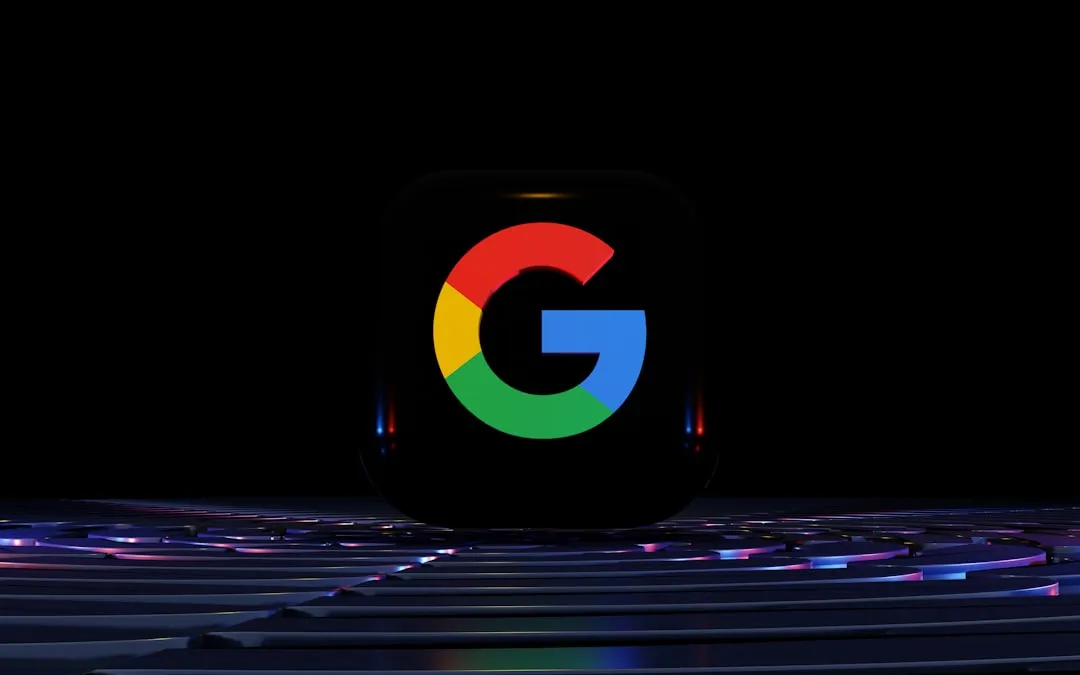
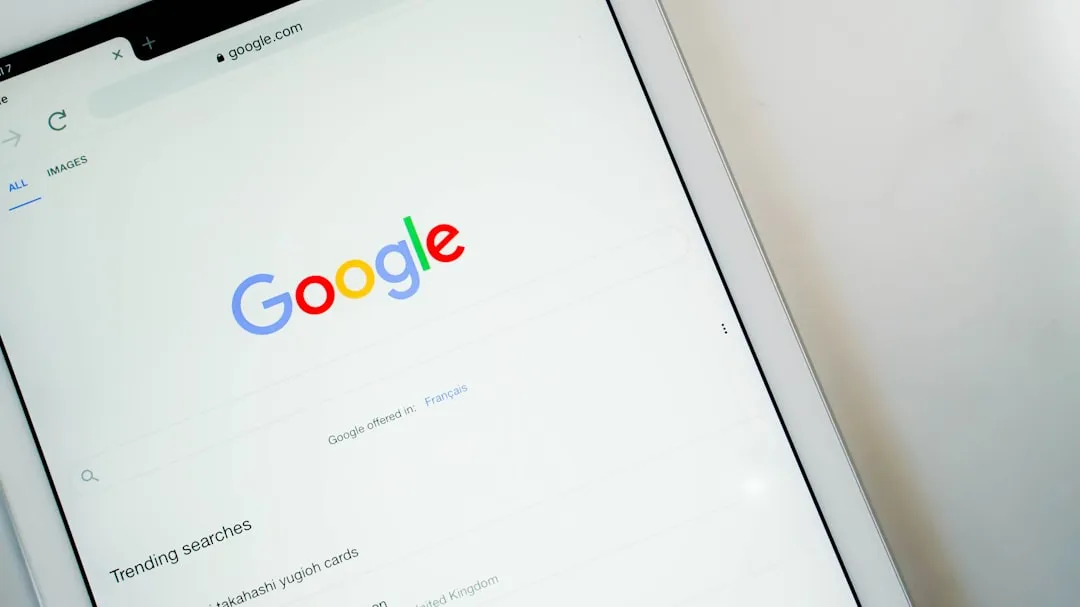
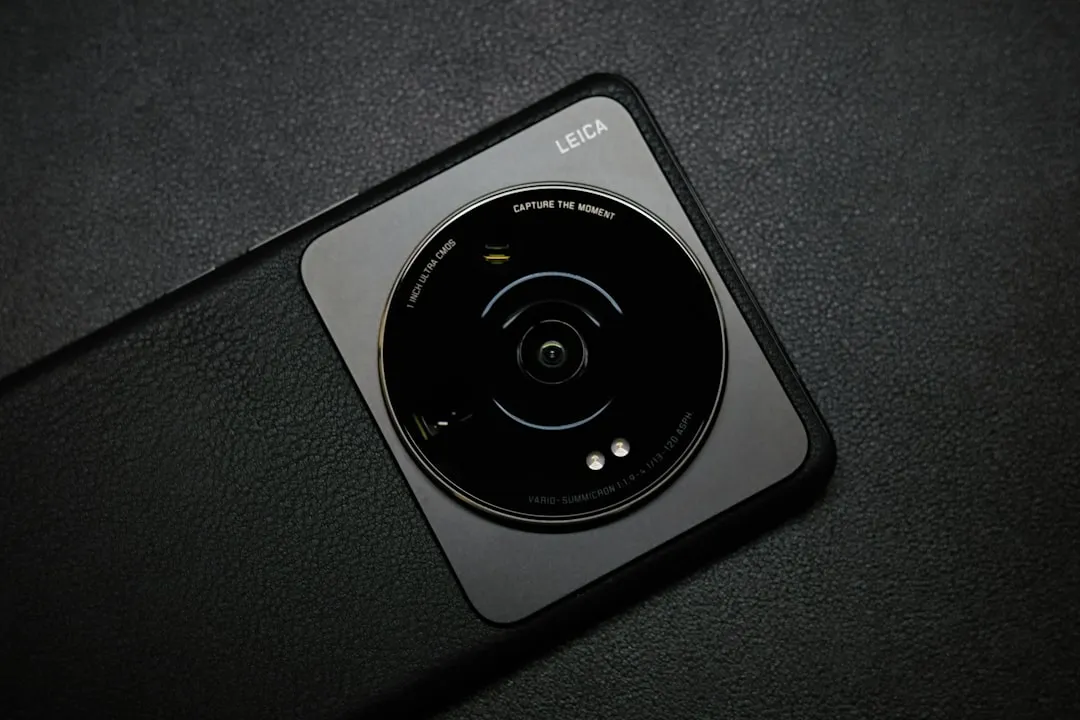
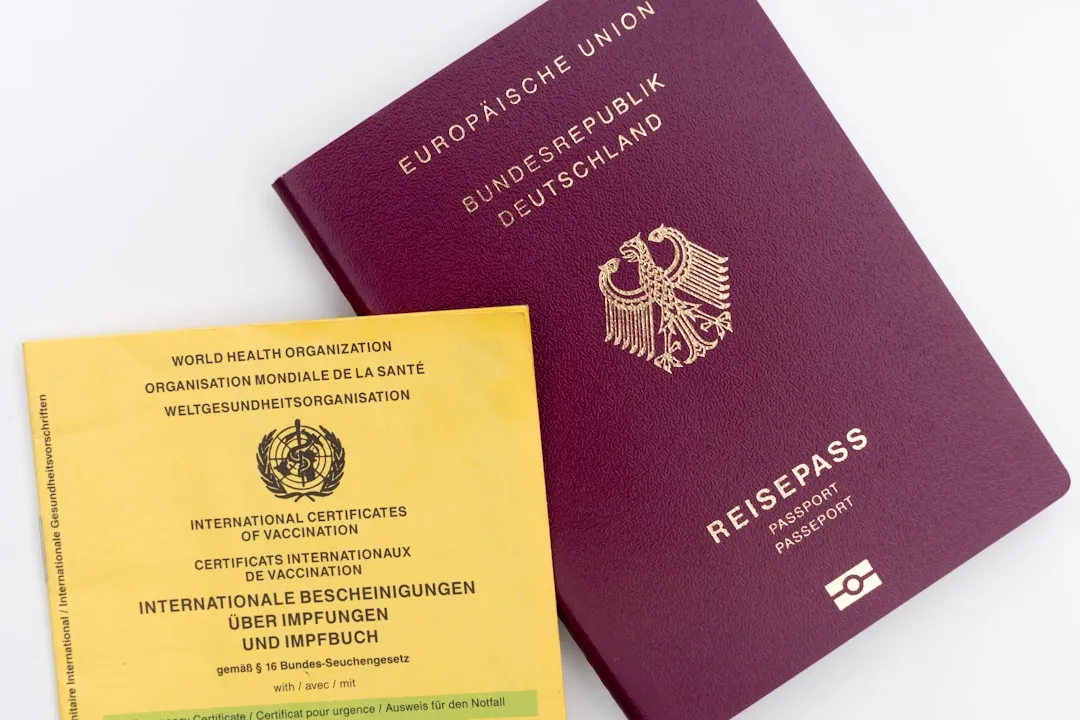

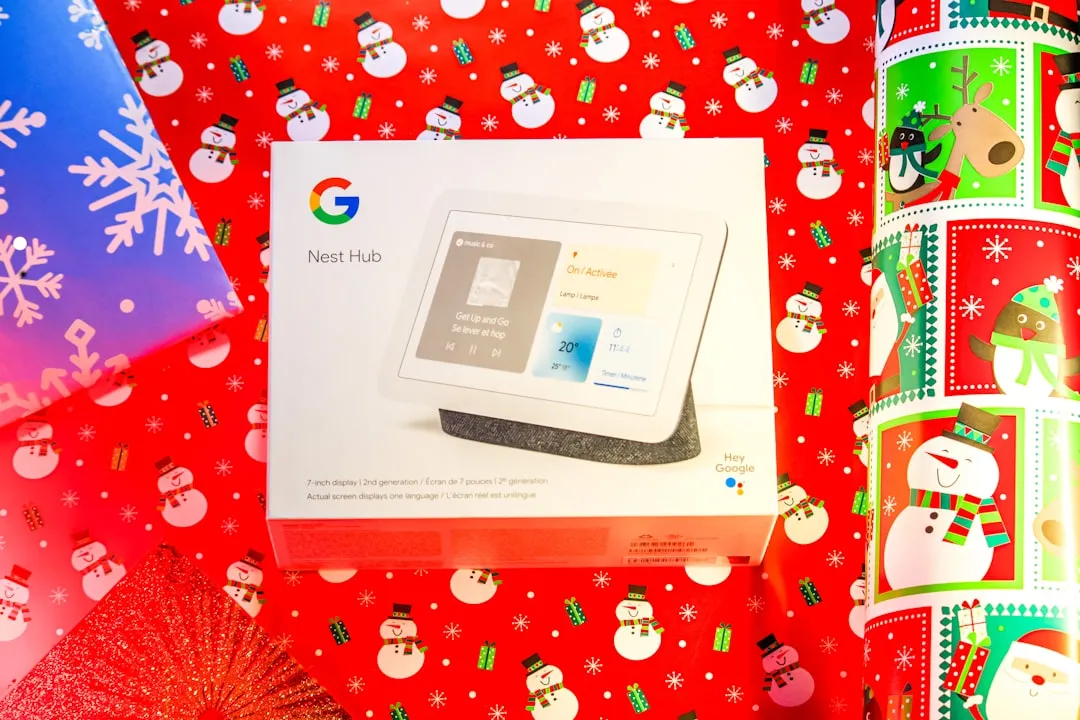
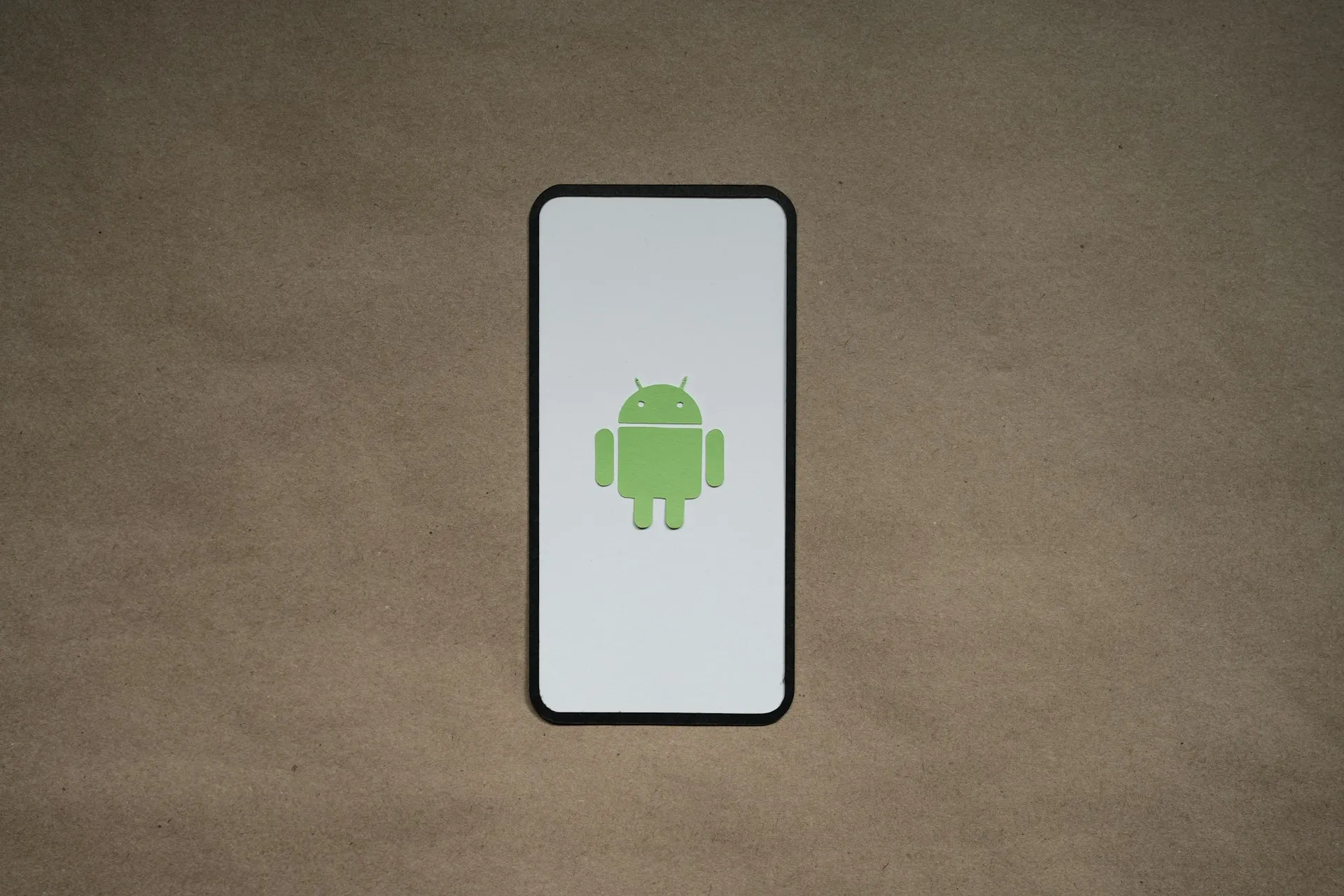

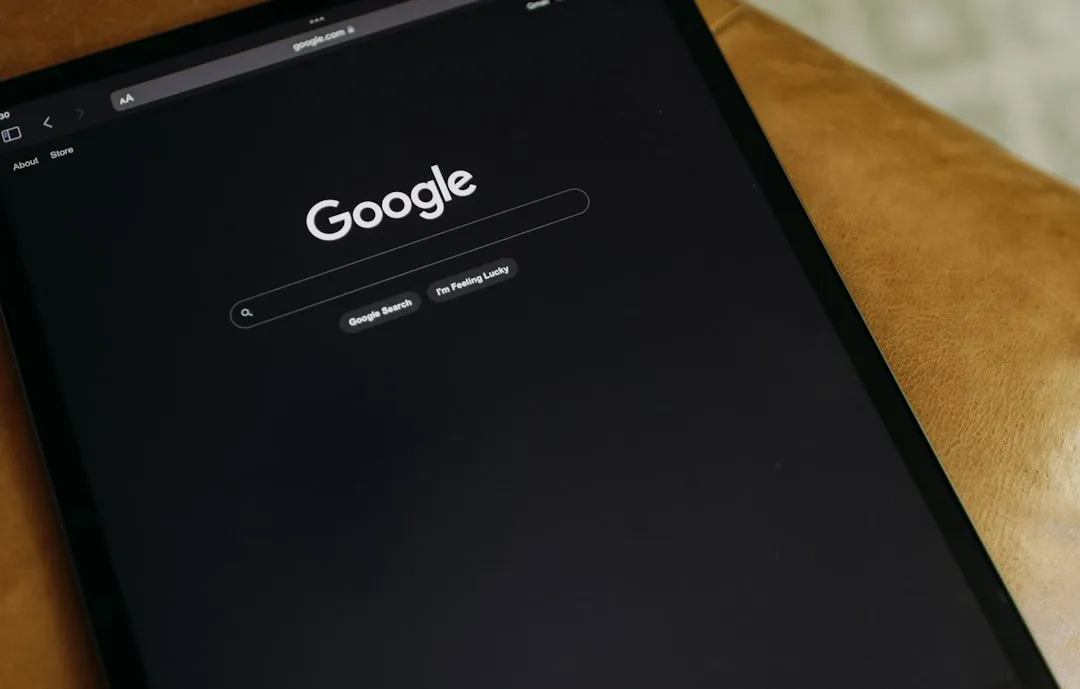








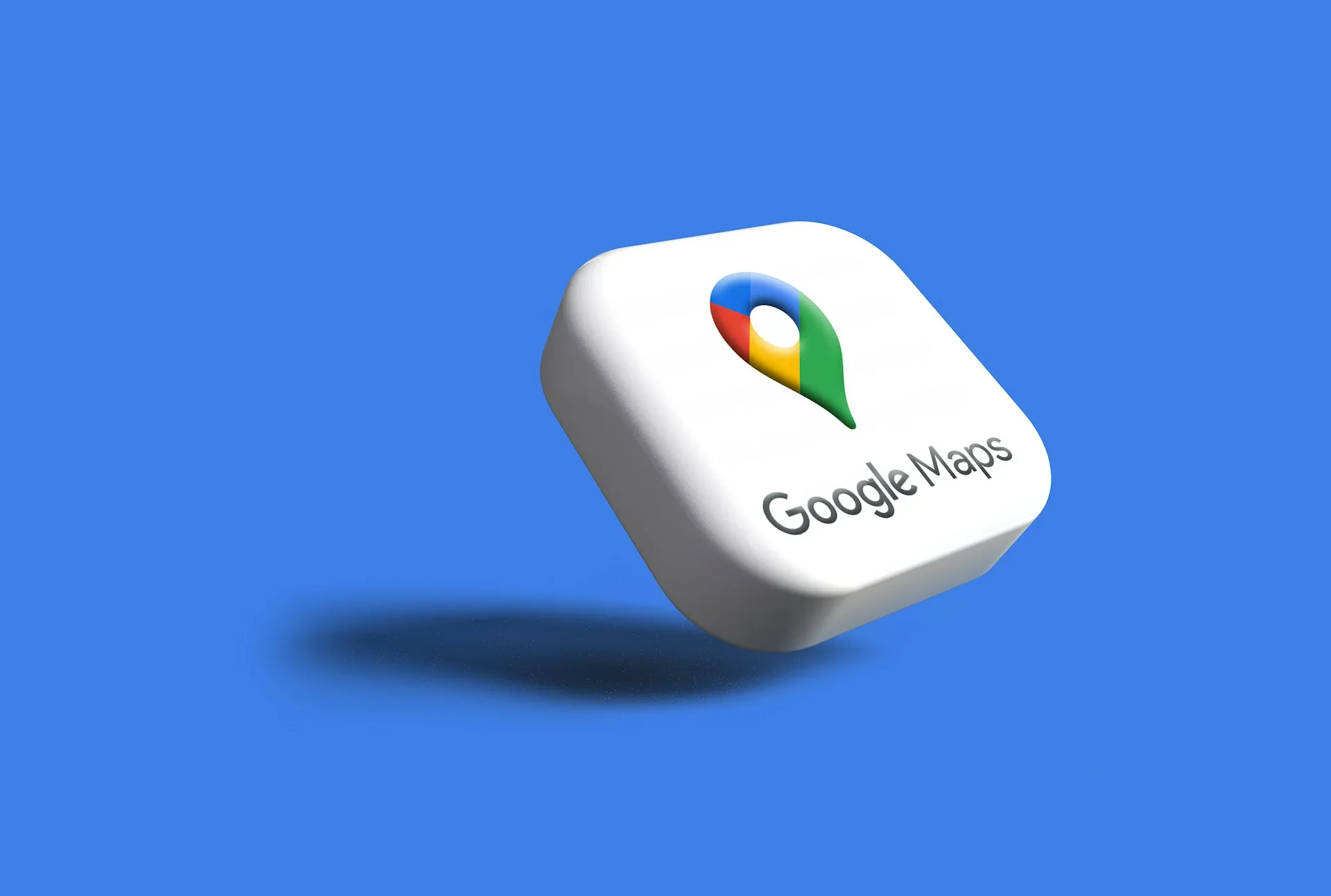


Comments
Be the first, drop a comment!